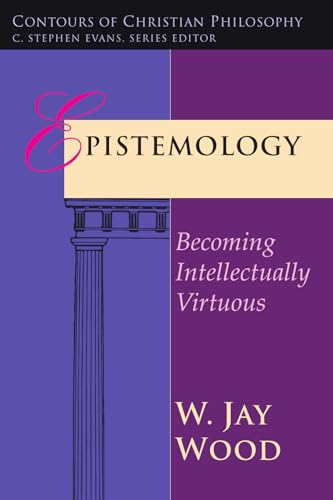Sublime
An inspiration engine for ideas
Plato, in the Theaetetus had set to work to refute the identification of knowledge with perception, and from his time onwards almost all philosophers, down to and including Descartes and Leibniz, had taught that much of our most valuable knowledge is not derived from experience. Locke’s thorough-going empiricism was therefore a bold innovation.
Bertrand Russell • History of Western Philosophy
David Deutsch • The Beginning of Infinity: Explanations That Transform the World
The Nature of Mind
Most philosophers since Descartes have attached importance to the theory of knowledge, and their doing so is largely due to him. “I think, therefore I am” makes mind more certain than matter, and my mind (for me) more certain than the minds of others.
Bertrand Russell • History of Western Philosophy
From this vantage point, verificationism began to seem less like a technical stance about which sentences make sense and more like an ethical stance about what we owe to each other: which includes explanations, rather than mystifications of the commitments of others wrapped up in unevaluable language. That commitment that could well start by
... See moresootyempiric.blogspot.com • Joining Team Positivism - By Olúfẹ́mi O. Táíwò
All knowledge is intuitive. Intelligence is a measure of presence.
Epistemology: Becoming Intellectually Virtuous (Contours of Christian Philosophy)
amazon.com
The activity of knowing cannot be negated. You know that you are without having to consult any second or third persons.